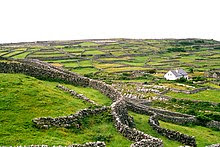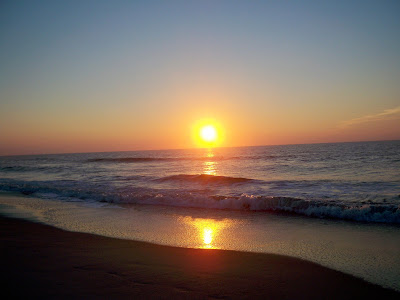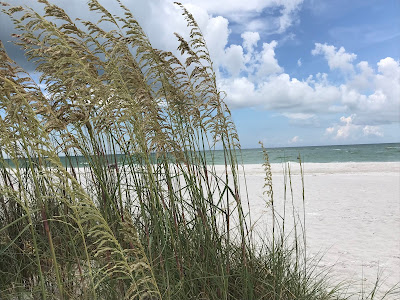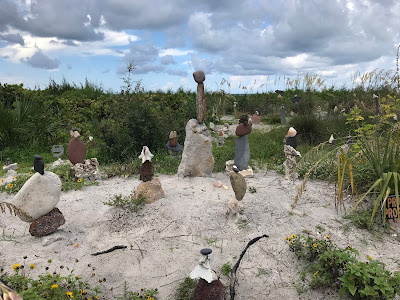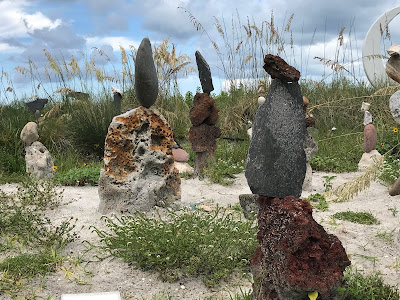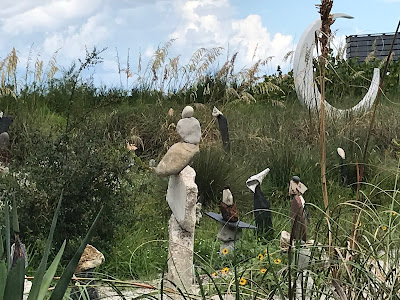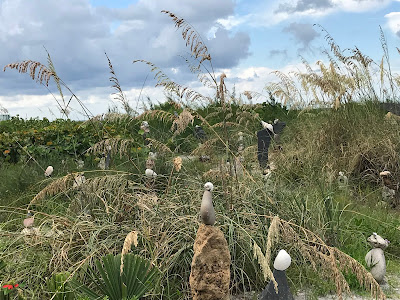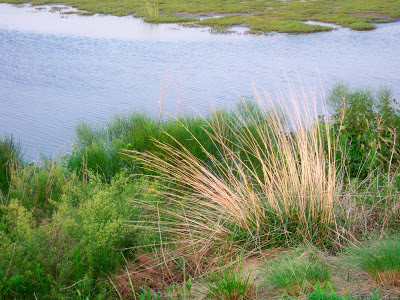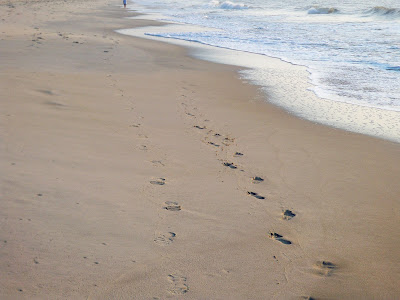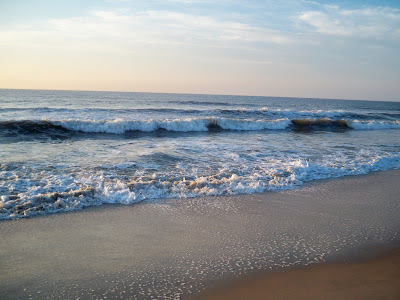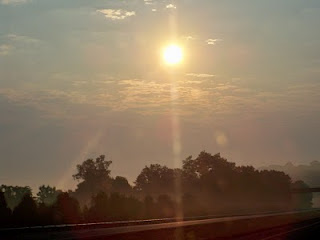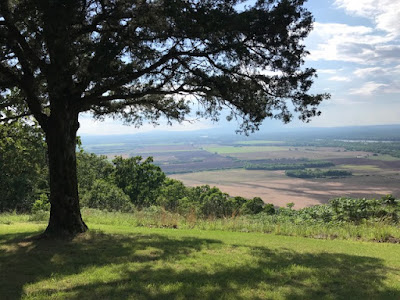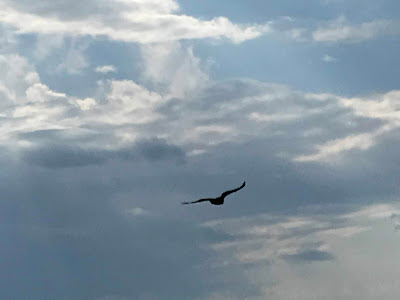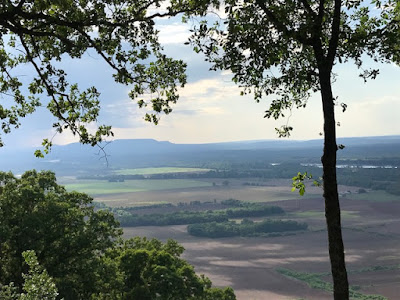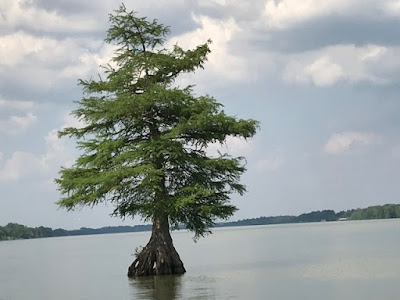Emerald-Isle-Bound!
Tomorrow we leave for Ireland. The routes are planned, the car is reserved. It will be a stick shift (left -hand drive), which means an adventure from the get-go.
It’s been decades since I visited the “auld sod” with Mom. We had more than two weeks on the road with plenty of time to look up Concannons, Longs and other relatives. We found a road in Barna, outside Galway, and a man who was the spitting image of my grandfather. He told us that the Concannons on one side of the road didn’t speak with the Concannons on the other side of the road. We knew then that we had found the right family.
We also located two old bachelor second cousins once removed. Gerard and John Long lived down a long lane in County Clare. Their simple cottage had a tin roof and no plumbing. They took out their finest linens and china and served us a cup of tea with toasted brown bread. It was a moment I’ll never forget.
It’s a different Ireland now — but one I can’t wait to explore!
